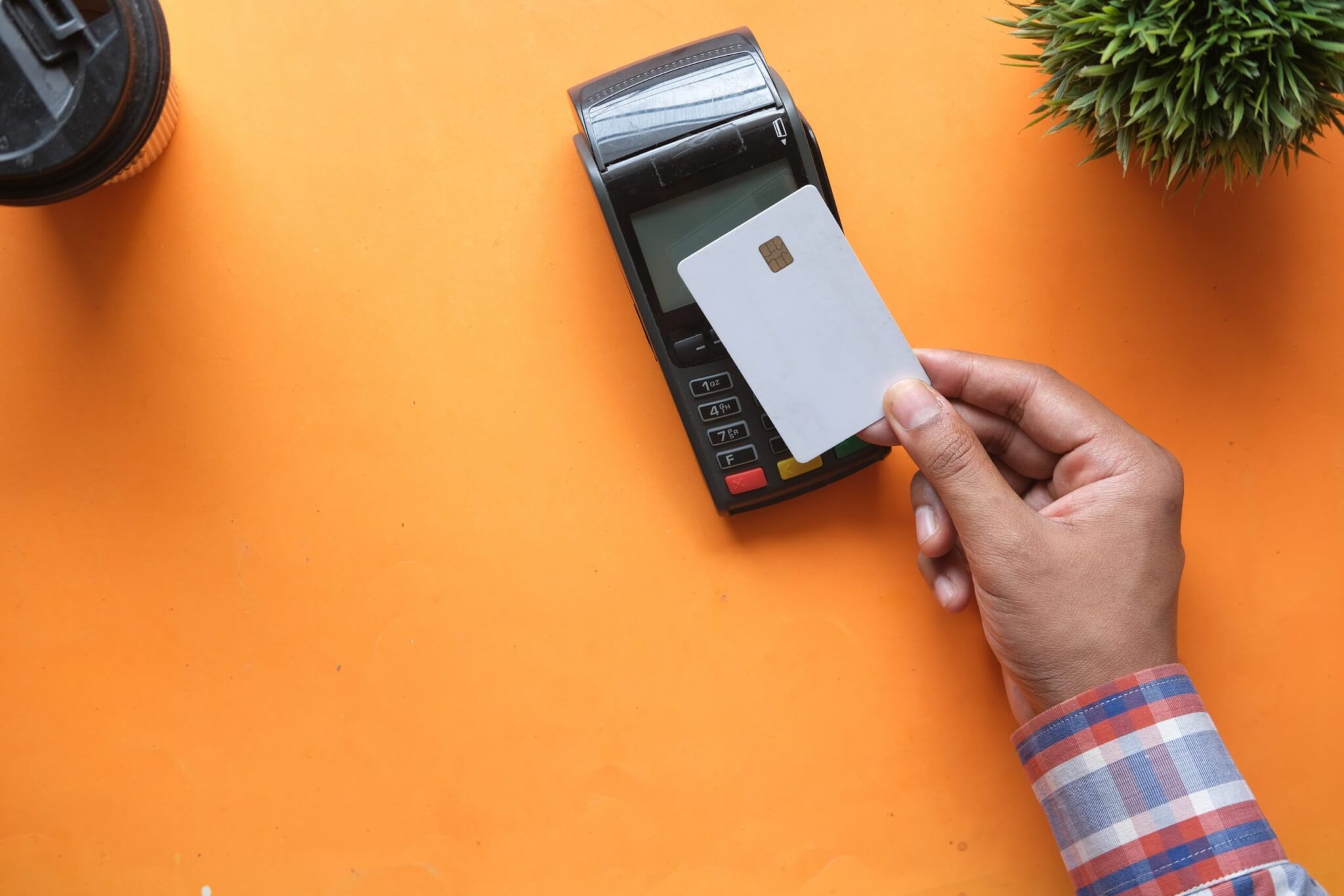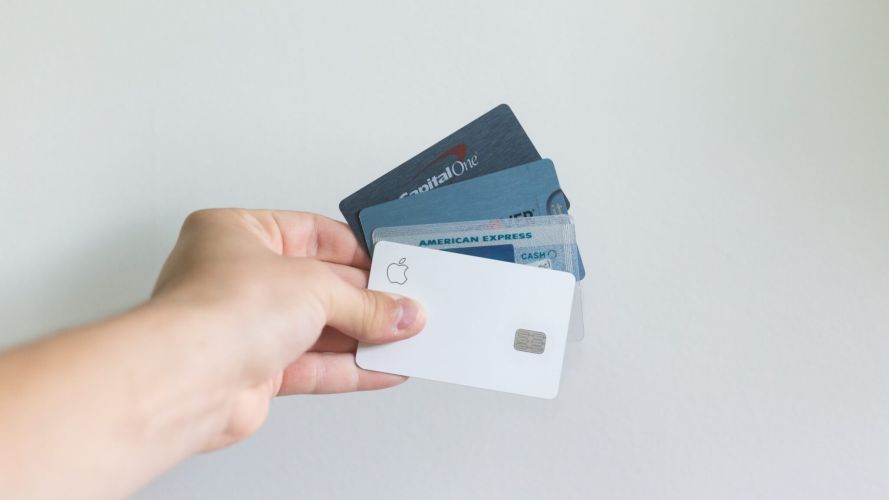How to start building credit at 18
If you’re turning 18 or graduating from high school, it can be exciting to think about all the new things you’ll be able to do. But one thing that doesn’t come so naturally for many young adults is building a credit history. If you want to establish good credit from the start, here are some tips:
Use credit cards wisely.
- Make sure you can afford the minimum payment.
- Don’t use more than 30% of your credit limit.
- Pay on time every month. Missing payments will hurt your credit score and make it harder to get approved for other loans in the future.
- Do not carry a balance from one month to another, as doing so can cause fees and interest to accrue. If you can’t pay off an entire balance at once, try to pay more than just the minimum each month, so that you don’t have interest added onto what’s owed—the less interest paid, the better!
Become an authorized user on someone else’s card.
If you don’t have a credit history, you can become an authorized user on someone else’s card. An authorized user gets a card in his or her own name and may typically get access to the account, enabling everything from making purchases and paying bills to receive statements online.
Take out a credit builder loan.
Credit builder loans are designed for people with limited or no credit history. They usually have small balances and low-interest rates—and there’s often no fee to open one. You can apply online or at a bank, and when you’re approved, the loan amount will be deposited into a secured account. Payments made against the loan amount will help build up a savings account which you’ll be able to access when the loan is paid off.
Get a secured credit card.
A secured credit card is a great way to build your credit history. It requires an up-front security deposit, which the issuer holds as collateral on your behalf. This deposit can be in cash or in the form of an existing savings account or certificate of deposit (CD). The minimum amount you need to put down depends on the issuer, but it’s generally between $200 and $500.
Unlike regular credit card applications, you typically won’t need to pass a credit check, but you may still need to provide proof of identification.
As you make on-time payments on your secured credit card, you will start to build positive credit history.
Check Your Credit Report.
As you work to establish credit, keep an eye on your credit report to make sure there are no errors.
Depending on your situation, you can also checkout our playbooks on how to start building credit for the first time, how to start building credit with no credit and how to build credit as a college student.
Not sure where to start? Sign up for Dovly, an AI credit engine that can help you dispute any errors you find on your credit report. Try it risk-free with our free membership tier. Get in touch with Dovly today.



